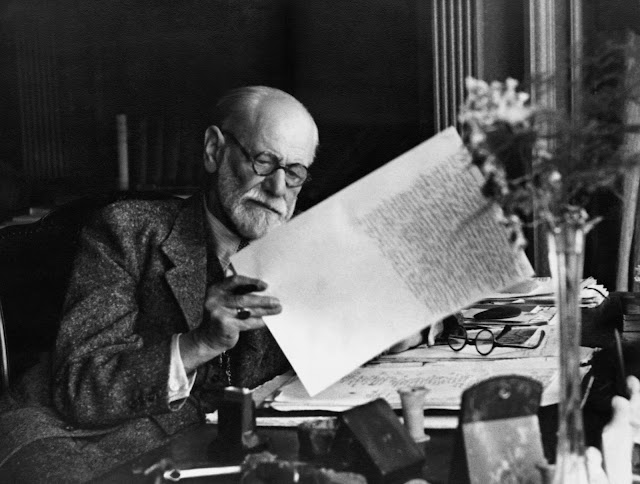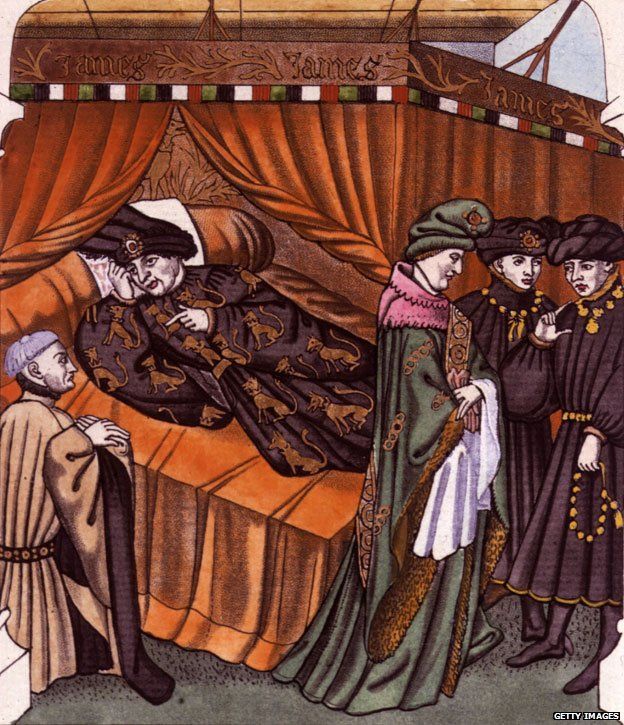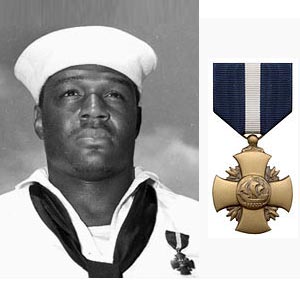
Once upon a time you dressed so fine
Threw the bums a dime in your prime, didn't you?
People call say 'beware doll, you're bound to fall'
You thought they were all kidding you
You used to laugh about
Everybody that was hanging out
Now you don't talk so loud
Now you don't seem so proud
About having to be scrounging your next meal
Threw the bums a dime in your prime, didn't you?
People call say 'beware doll, you're bound to fall'
You thought they were all kidding you
You used to laugh about
Everybody that was hanging out
Now you don't talk so loud
Now you don't seem so proud
About having to be scrounging your next meal
How does it feel, how does it feel?
To be without a home
Like a complete unknown, like a rolling stone
Like a complete unknown, like a rolling stone
Ahh you've gone to the finest schools, alright Miss Lonely
But you know you only used to get juiced in it
Nobody's ever taught you how to live out on the street
And now you're gonna have to get used to it
You say you never compromise
With the mystery tramp, but now you realize
He's not selling any alibis
As you stare into the vacuum of his eyes
And say do you want to make a deal?
But you know you only used to get juiced in it
Nobody's ever taught you how to live out on the street
And now you're gonna have to get used to it
You say you never compromise
With the mystery tramp, but now you realize
He's not selling any alibis
As you stare into the vacuum of his eyes
And say do you want to make a deal?
How does it feel, how does it feel?
To be on your own, with no direction home
A complete unknown, like a rolling stone
To be on your own, with no direction home
A complete unknown, like a rolling stone
Ah you never turned around to see the frowns
On the jugglers and the clowns when they all did tricks for you
You never understood that it ain't no good
You shouldn't let other people get your kicks for you
You used to ride on a chrome horse with your diplomat
Who carried on his shoulder a Siamese cat
Ain't it hard when you discovered that
He really wasn't where it's at
After he took from you everything he could steal
On the jugglers and the clowns when they all did tricks for you
You never understood that it ain't no good
You shouldn't let other people get your kicks for you
You used to ride on a chrome horse with your diplomat
Who carried on his shoulder a Siamese cat
Ain't it hard when you discovered that
He really wasn't where it's at
After he took from you everything he could steal
How does it feel, how does it feel?
To have on your own, with no direction home
Like a complete unknown, like a rolling stone
To have on your own, with no direction home
Like a complete unknown, like a rolling stone
Ahh princess on a steeple and all the pretty people
They're all drinking, thinking that they've got it made
Exchanging all precious gifts
But you better take your diamond ring, you better pawn it babe
You used to be so amused
At Napoleon in rags and the language that he used
Go to him he calls you, you can't refuse
When you ain't got nothing, you got nothing to lose
You're invisible now, you've got no secrets to conceal
They're all drinking, thinking that they've got it made
Exchanging all precious gifts
But you better take your diamond ring, you better pawn it babe
You used to be so amused
At Napoleon in rags and the language that he used
Go to him he calls you, you can't refuse
When you ain't got nothing, you got nothing to lose
You're invisible now, you've got no secrets to conceal
How does it feel, ah how does it feel?
To be on your own, with no direction home
Like a complete unknown, like a rolling stone
To be on your own, with no direction home
Like a complete unknown, like a rolling stone
Songwriters
BOB DYLAN
BOB DYLAN



















